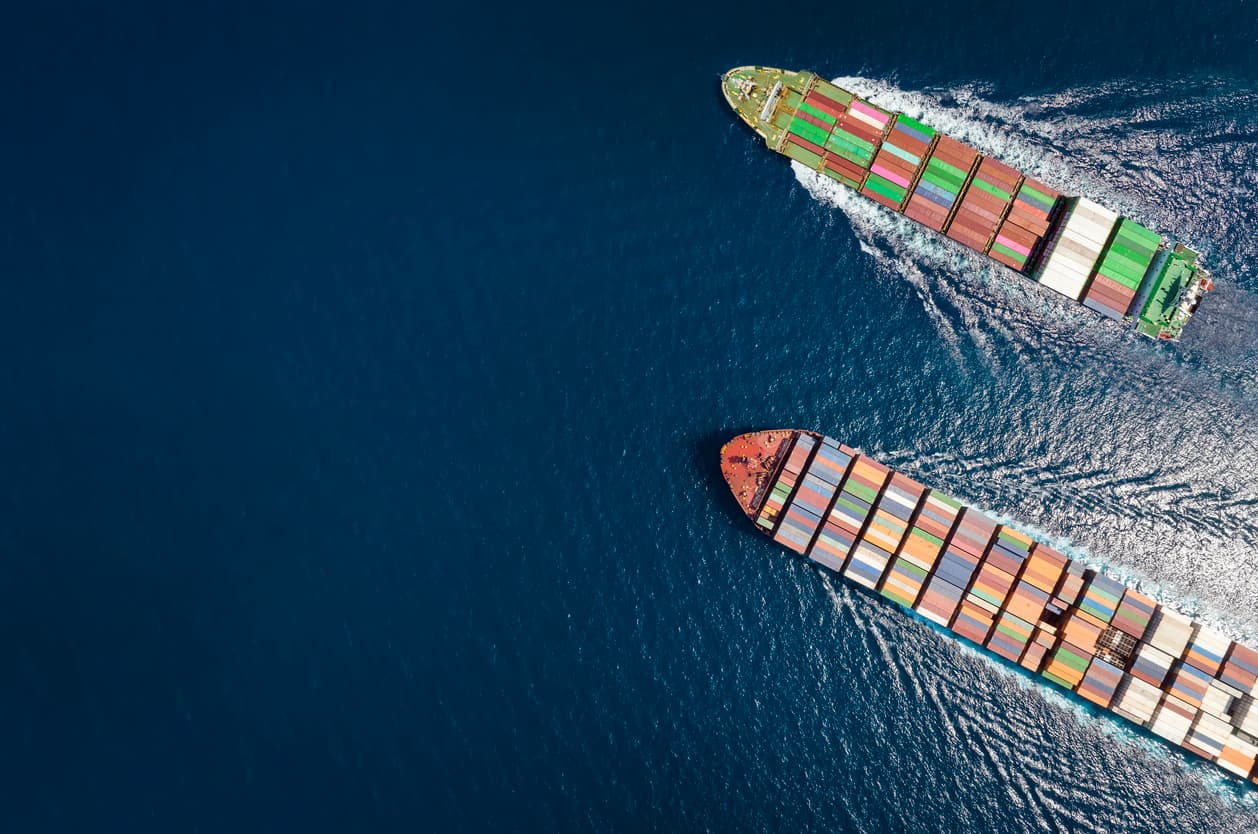
What is the Role of a Marine Surveyor?
Marine surveyors play a crucial role in the maritime industry, ensuring the safety, compliance, and performance of vessels and maritime structures. Let's dive into what this interesting profession entails.
Who is a Marine Surveyor?
Marine surveyors are specialists in inspecting, analyzing, and certifying maritime vessels and structures. Think of them as the detectives of the sea, scrutinizing every detail to ensure everything is shipshape.
Key Responsibilities
-
Inspections: They conduct thorough inspections of ships and marine structures. This includes checking the hull, machinery, and equipment to ensure they meet safety standards and regulations.
-
Damage Assessment: In the event of accidents or mishaps, marine surveyors assess the extent of damage. They are the go-to experts for understanding what went wrong and how to fix it.
-
Valuation: They provide expert valuation of vessels for sale, purchase, or insurance purposes. It's like having a real estate appraiser, but for boats and ships.
-
Safety Audits: Ensuring compliance with international and local safety regulations is a key part of their job. They're the guardians of maritime safety standards.
-
Consultation: Marine surveyors offer advice on ship design, modifications, and repairs. They're the consultants who ensure that ships not only float but also function efficiently and safely.
Types of Marine Surveyors
-
Commercial Surveyors: They work with large commercial vessels, focusing on aspects like cargo handling, vessel stability, and structural integrity.
-
Yacht and Small Craft Surveyors: These surveyors specialize in leisure vessels like yachts and small crafts, focusing on their unique construction and usage requirements.
-
Government Surveyors: They're employed by government agencies to enforce laws and regulations related to maritime activities.
Skills and Qualifications
-
Technical Knowledge: A deep understanding of naval architecture, marine engineering, and maritime laws is essential.
-
Attention to Detail: They must be meticulous, as even small oversights can lead to significant consequences.
-
Problem-Solving Skills: Quick thinking and effective problem-solving abilities are crucial, especially during emergency situations.
-
Communication: Clear and effective communication is key, as they often need to explain complex technical issues in understandable terms.
Why are Marine Surveyors Important?
-
Safety: They are the frontline defenders of maritime safety, ensuring that vessels are sea-worthy and pose no danger to crew, passengers, or the environment.
-
Compliance: They help in enforcing maritime laws and regulations, ensuring that vessels operate within legal frameworks.
-
Insurance: Their assessments are critical for insurance purposes, helping to determine premiums and claims.
A Day in the Life of a Marine Surveyor
Imagine starting your day at a bustling port, inspecting a massive cargo ship. By noon, you're diving underwater to check a ship's hull for damages. In the afternoon, you're consulting on the design of a new luxury yacht. Every day brings a new adventure and challenge.
Conclusion
The role of a marine surveyor is multifaceted and integral to the maritime industry. They ensure that the vessels we rely on for transportation, leisure, and commerce are safe, efficient, and compliant. So next time you see a ship smoothly sailing across the ocean, remember the unsung heroes who helped it set sail - the marine surveyors.